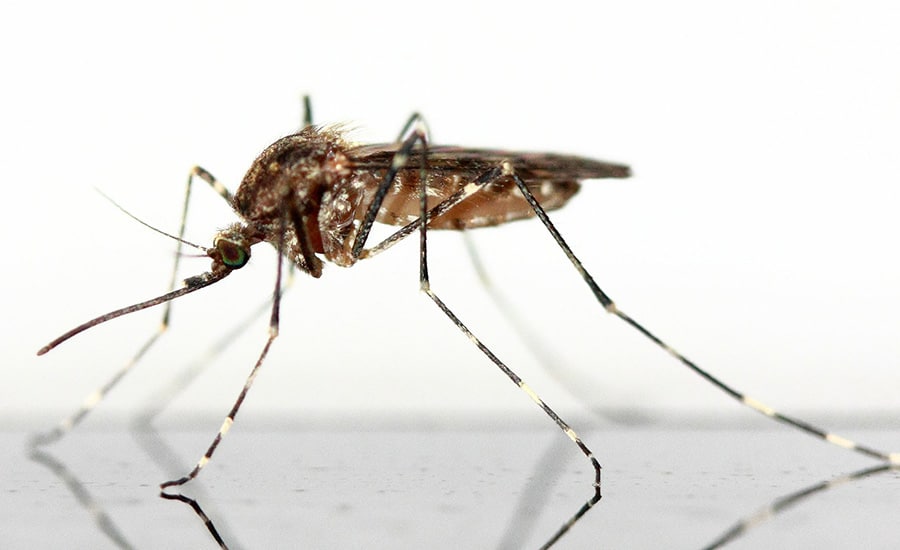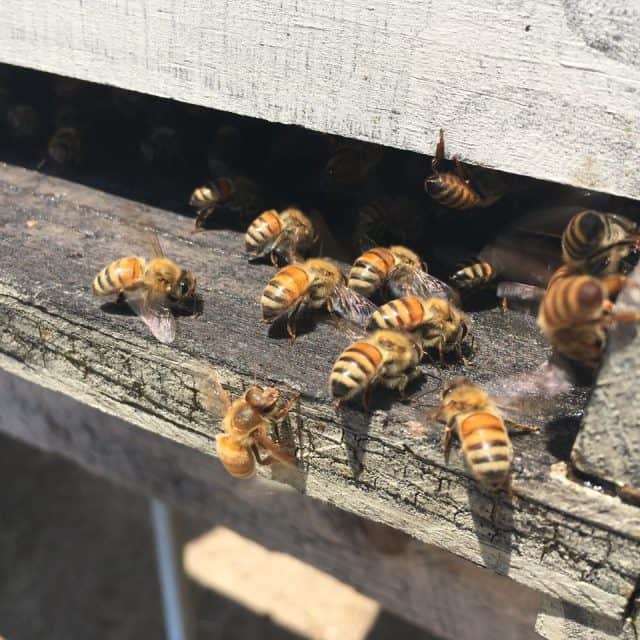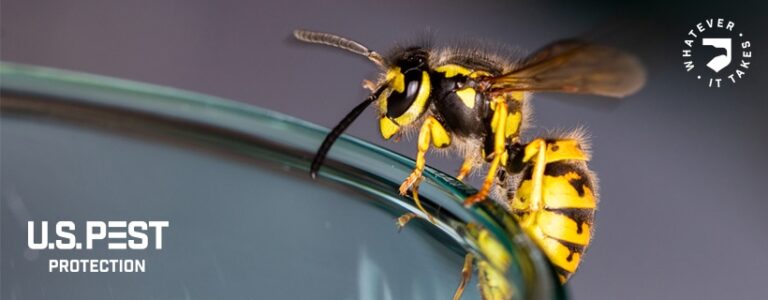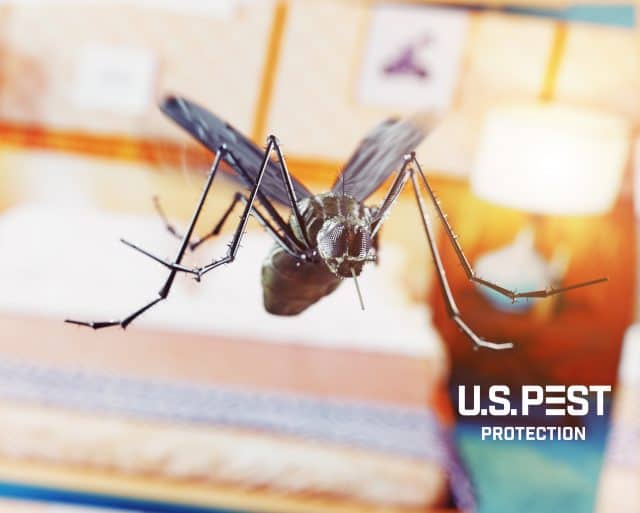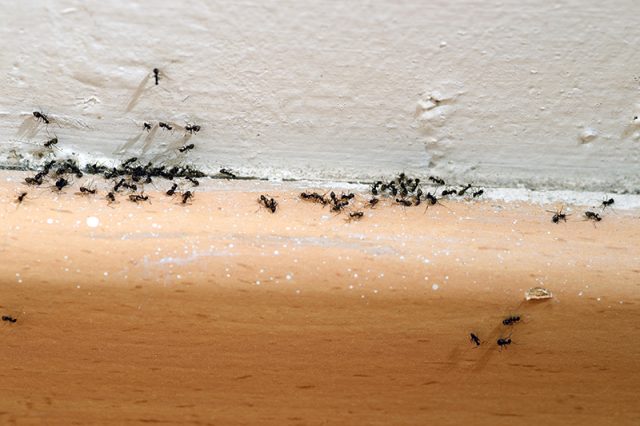What Types of Mosquitoes are There in Tennessee?
There are a number of mosquito species found in Tennessee. The most common types are permanent pool mosquitoes, floodwater mosquitoes, and container mosquitoes. It may be hard to determine the individual species by the casual observer, but each species has habits and appearances that might give you a good idea.
Mosquito Types In Tennessee
Permanent Pool Mosquitoes
The Anopheles and related species mosquitoes are in a group called permanent pool mosquitoes. These mosquitoes develop in semi-permanent or permanent bodies of water such as lakes, ponds, and marsh areas. Permanent pool mosquitoes’ normal flying range is normally about a mile from the water source. They tend to feed at dusk and into the early evening.
Floodwater Mosquitoes
The Ochlerotatus, Aedes, and other related species are called floodwater mosquitoes. These mosquitoes will lay their eggs in drier areas. The eggs then wait for rising waters to come in. This can happen with reservoir flooding or heavy rainfall in dry lake beds. In some cases, the eggs may have to wait for years to hatch. Once hatched, they can develop into adults in 6-7 days. Some of these mosquito species will fly for miles to get a blood meal. Floodwater mosquitoes are very aggressive and will bite during all hours of the day but most active at dawn and evening
Container Mosquitoes
Aedes albopictus and some Culex mosquito species are considered container mosquitoes. They will lay eggs into small water-filled containers like cans, tires, pots, pet bowls, buckets or tree cavities. These types are very common around homes because of the small container habitat. They can usually develop from egg to adult in 10-12 days. Aedes albopictus, commonly known as the Asian Tiger mosquito, is considered the most common mosquito in Tennessee.
Interesting Tennessee Mosquito Facts
- Some mosquito eggs can wait for years to develop into mosquitoes
- The Asian Tiger mosquito may bite multiple times
- Mosquitoes can develop in less than a teacup of water
- Mosquitoes have a preference for beer drinkers
- Male mosquitoes don’t bite
- Mosquitoes can carry diseases such as malaria, yellow fever, and West Nile virus
- In Tennessee, mosquito weather can last from March to November
Mosquito Prevention And Solutions
To prevent mosquitoes around your home, look for potential mosquito breeding areas such as birdbaths, buckets, or small containers. Regularly drain these areas and make sure there is no standing water on your property. If your mosquito infestation persists, you might want to consider having a professional pest control perform an inspection. Good thing U.S. Pest Protection offers free home inspections! Contact us to schedule your pet-friendly inspection today!
Lastly, to learn more about the mosquito types in Tennessee follow us on Facebook at U.S. Pest!

